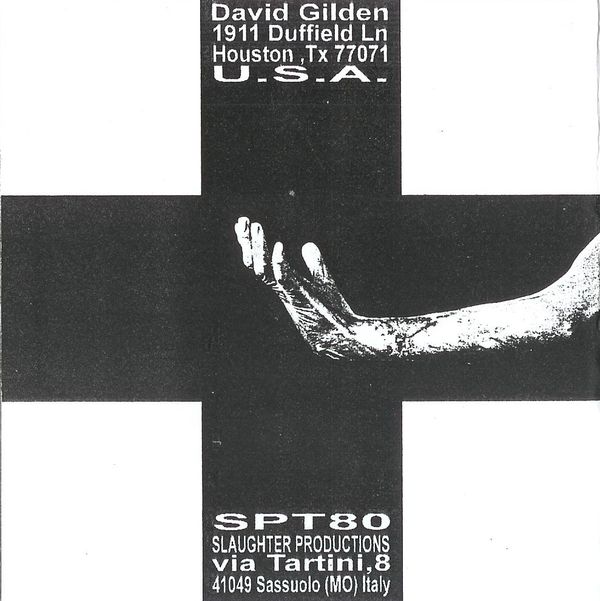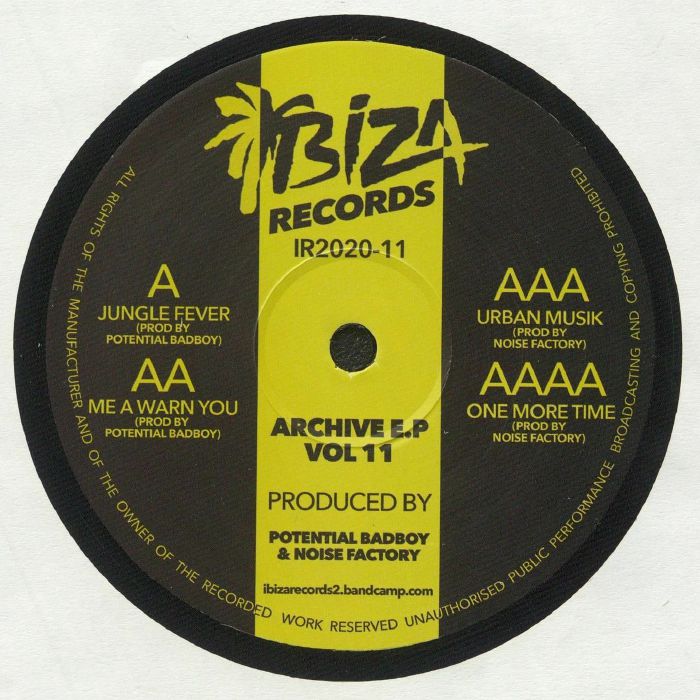
Another example is in the UK where certain official documents are routinely kept secret for 30, 50 or 100 years or sometimes indefinately. This very political view of the archive is very interesting.ĭoes the huge growth in the digital image and of the availability of different archives allow us the opportunity to try and shape our own versions of our pasts and perhaps to move away from what we “are told to believe”? Or does the deliberate removal of material from the public eye always tilt how we view the world and maybe even contribute to things such as ‘conspiracy theories’? Am struck here by thoughts of things such as the library at the Vatican which was very reluctant to release any information on the activities of the church during the second world war and why the pope of the day didn’t condemn the persecution of the Jews and other minorities in the National Socialist state in Germany. We think of the control of the media in Communist Russia or in Nazi Germany, but even here in the UK, the media are subject to the whims of their owners and will publish stories slanted towards their own political persuassions and as we saw with the debates for Brexit and Scottish independence, which information is promoted and what is denied or even ignored is very powerful. This idea of creating or using an archive for a political purpose, of altering how people think of their own history and culture is something which has repeated in many occassions.

And without this archive, is how the Spanish people remember their past, biased and slanted in favour of one side of a political divide? It is controversial as it questions who own’s the cultural memories of the people. To this day, this seized archive is controversial and has never been released. This was collected and taken to Salamanca by the “lorry load” where the archive was used to identify people opposed to Franco and his government who could then be punished and purged and at same time to reward people who had supported him. After the Civil War, General Franco ordered information from groups which had backed the Popular Front government to be seized.

The Salamanca Papers is an example of a lost, or perhaps a re-purposed archive.

This loss of memory in part is down to education and propaganda and what the government and the media are prepared to publish.

This is an interesting article which, in part, deals with cultural memory, what society rembers and what we forget and the political ramifications of shaping and controling information.įontcuberta mentions that in Spain people aged under 25 do not know the history of the Spanish Civil War, who General Franco was nor that Spain “was deprived of basic liberties for over 40 years”.


 0 kommentar(er)
0 kommentar(er)
